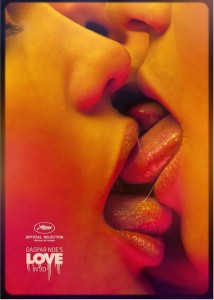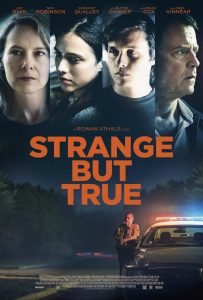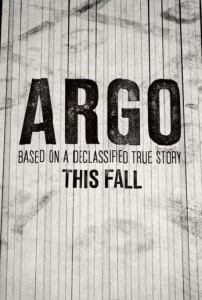Love is the latest film from director Gaspar Noe, famous (or infamous?) for Irréversible (2002) and Enter the Void (2009). Love features explicit, non-simulated sex scenes and is screened in 3D. Noe, as with his lead character in the film, aspires to make a film that is honest about sexuality and human relationships. This film is not going to be for everyone.
From the opening scene, this film confronts the viewer with what will be approximately two and a half hours of ‘honest sexuality’. Murphy (Karl Glusman) and Electra (Aomi Muyock) are naked; nothing is left to the imagination. Moments later, Murphy wakes up beside Omi (Klara Kristin); a child is crying in the next room.
Murphy is an American film student living in Paris with Omi and their infant son Gaspar. One rainy New Year’s morning he receives a message from his previous girlfriend’s mother: her daughter Electra is missing; does Murphy have any knowledge of her whereabouts? Murphy is thrown into a state of poignant melancholy, an opium induced reminiscence of his time with Electra before he was strapped with the responsibilities of fatherhood. Through flashbacks, we see the development of Murphy and Electra’s relationship, knowing the ultimate demise from early in. Electra leaves Murphy after he tells her that Omi, the neighbour with whom they had a threesome, is pregnant. Murphy has continued to sleep with Omi without Electra, and is the father to the baby.
Murphy aspires to make a film about sentimentality and sex, and presumably this is the mission of Noe also. Alas, Noe’s is a rather dismal view of love. What is portrayed here is more like lust, as Murphy and Electra resemble junkies looking for a fix rather than a deeply and intimately connected pair. Ostensibly the point is that Murphy has taken for granted the loving and adventurous woman he had in Electra, that his selfishness and greed have caused him to devalue her – and cheat with any woman who will have him. A telling scene sees Murphy blame Electra for his poor experience at a swingers’ club; despite the trip to the club being Murphy’s idea, he is upset that Electra went along with it. He is cross that she didn’t remind him he wouldn’t be able to handle the whole jaunt, but perhaps he’s more upset that she had a better time than he did.
There is a problematic portrayal of Electra; she is badly drawn as a character and one cannot identify with her as a woman. It is very difficult to accept her motivations, and the loose explanation of her alleged drug problem is too hard to buy. Electra is more like a fantasy of a woman and girlfriend, rather than a real person. This is possibly because she is the creation of Murphy’s memories, she is his recollection of her. But Murphy is such a greedy, immature, selfish jerk – even by his own recollection – it is hard to see how Electra would have stayed with him as long as she did.
Love is essentially a fairly simple ‘boy meets girl, boy cheats and loses girl’ tale, but the careful editing makes this film a little more unique. The sex scenes, of which there are many, are no more shocking than what cinema has provided before. The sheer volume of them, along with the 3D element, is what makes the film challenging.
Love is confronting, but it is not so much confronting as it is relentless. This viewer was worn down by over-exposure. While the sex scenes themselves were tender in a sense, the love (as promised by the title) was not really there.
Love is in cinemas from 29th October through Exile Entertainment & Bounty Entertainment.





